
Digital flickering in the north
21.06.2021 | Film streaming channels have long been common practice at many cinemas
The year of the coronavirus pandemic has acted as an accelerator for digital film streams. Major Hollywood studios are also exploiting their cinema films on streaming platforms at the same time, causing cinema exclusivity to falter. Many northern German cinema operators have long seen the opportunity to show their profile online as an opportunity and customer loyalty tool.
A large cinema association of medium-sized theatres such as the Cineplex Group, represented in Schleswig-Holstein at the Neumünster and Elmshorn locations, has developed a new concept withCineplex Homehas its own streaming arm. And Hamburg's ambitious Metropolis Kino also has its own in-house streaming arm for its cinematheque programmes.Streaming channelto make its historical film treasures accessible even during the coronavirus lockdown. Numerous cinemas in Hamburg and Schleswig-Holstein have long been presenting their programme profile on their websites with a VoD offering, which they can offer via partnerships with the platforms Pantaflix or Kino On Demand.de from Cologne-based Rushmedia AG.
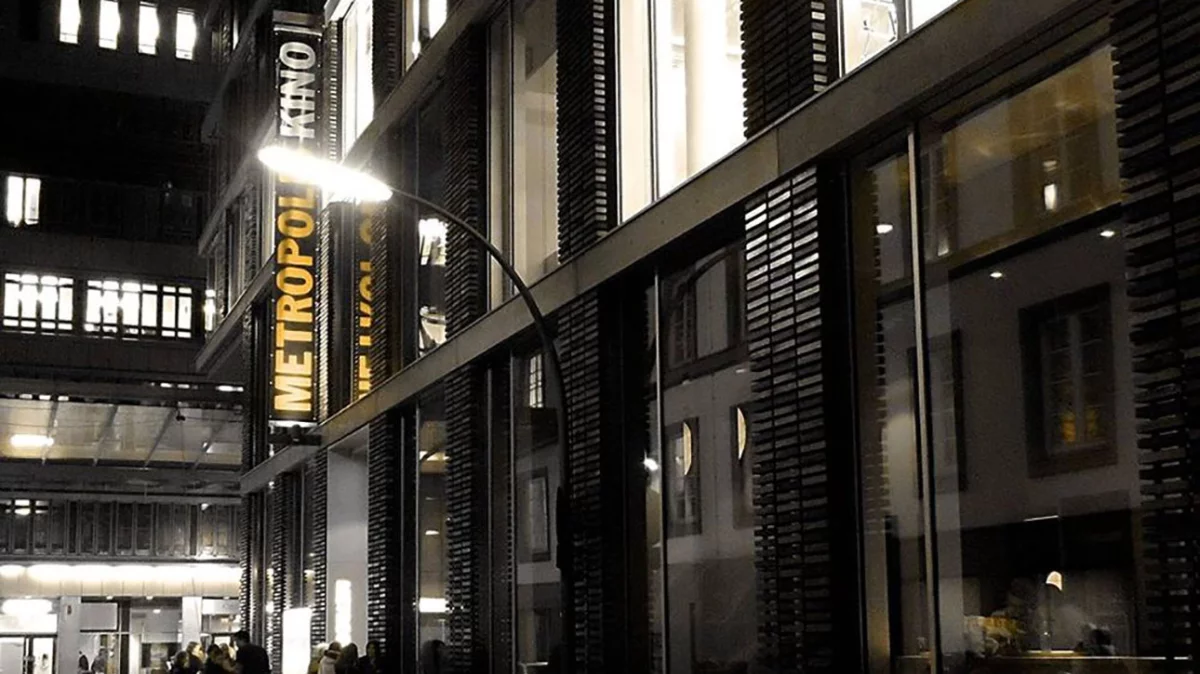
The CEO of MOIN Film Fund, Helge Albers, told the trade press: "I am convinced that cinema should also see itself as a confident player in the digital space in the future. After the crisis, viewers will be travelling in the digital space with greater confidence than before. I don't think that this development will fundamentally call the cinema market ecosystem into question, but rather see opportunities in dealing with the many challenges facing the cinema market."
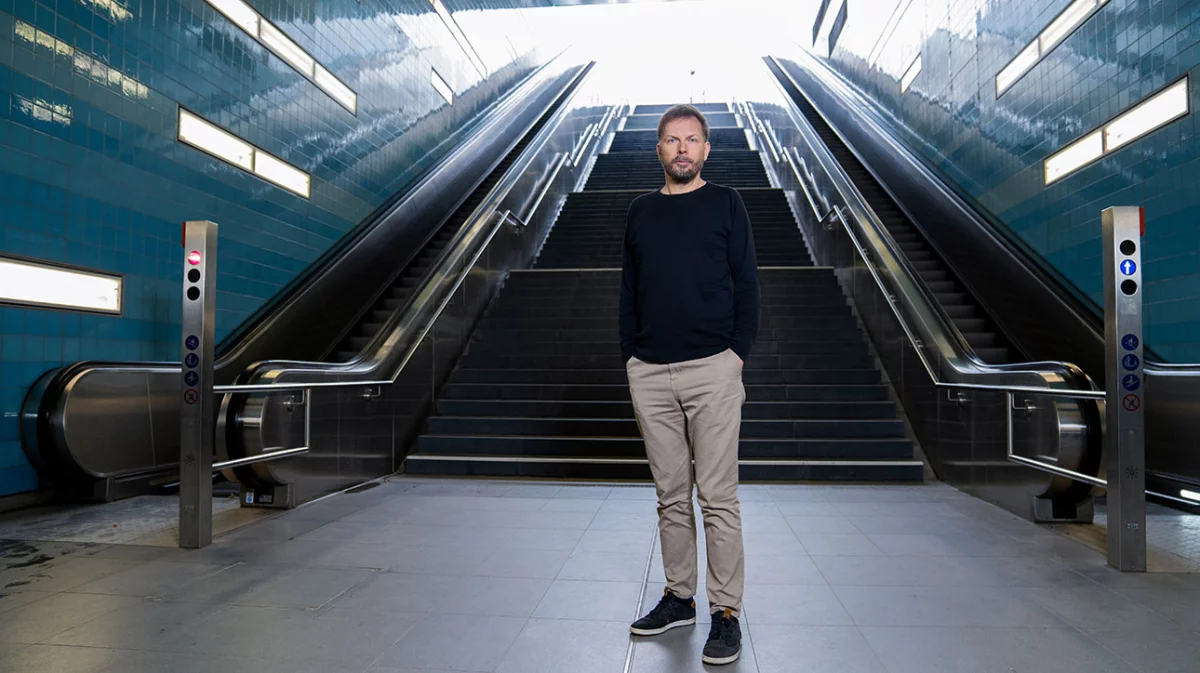
For four years now, cinema operator Martin Turowski and his cinemas in Ratzeburg and Mölln have been offering an on-demand service with current cinema films that are no longer shown in his cinemas. Like Turowski, numerous other cinemas in Hamburg and Schleswig-Holstein also have a digital streaming window, which they offer via a partnership with the Cologne-based platform providerCinema on Demandcan open. A regular film rental for 48 hours costs 4.99 euros, and after the first and every fifth film rental, users receive a cinema voucher worth 5 euros. Martin Turowski, who is also on the board of the newly founded interest group Kinoverbund Schleswig-Holstein, was initially sceptical, "because I'm not convinced that it's a business model for the cinema", but he sees an opportunity in it if the cinemas help to shape the digital film channels. He selects films from the Kino On Demand film pool according to the same quality criteria as his cinema programme: "Cinema-goers know the quality of our programme and trust me when I select a film for the streaming service." Turowski's wish is to set up his own film channel together with the other small and medium-sized cinemas and to design it independently.
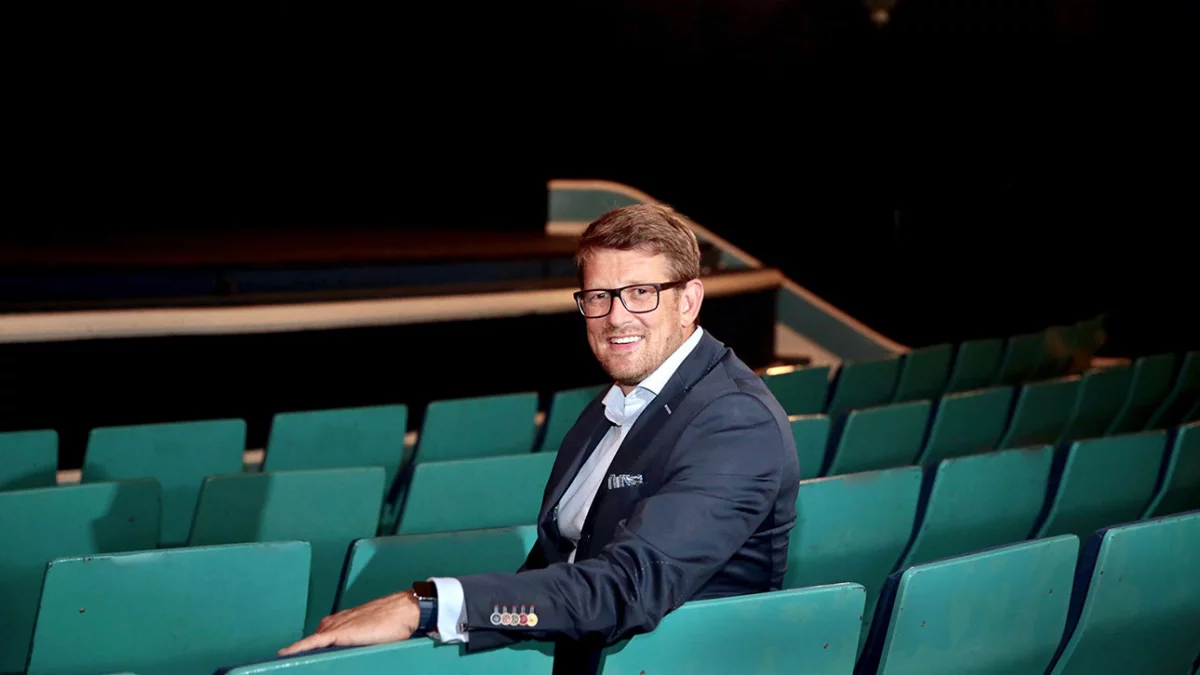
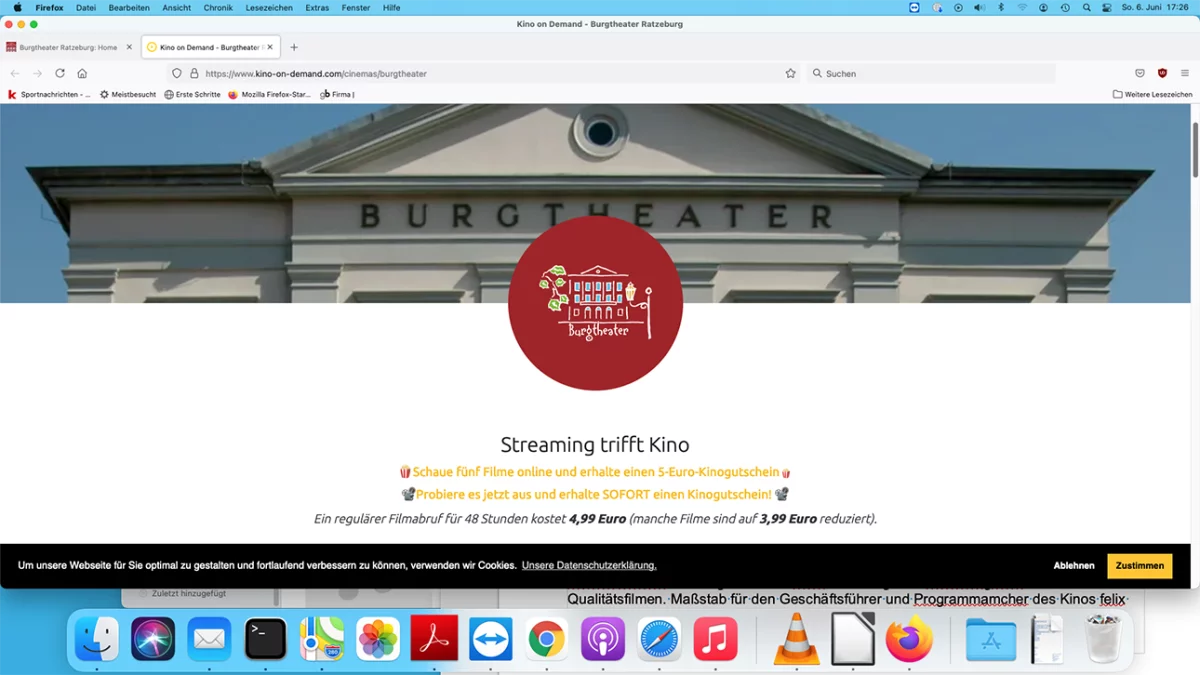
The Abaton cinema in Hamburg's university district is also holding aown streaming channelwith curated quality films. The benchmark for the cinema's CEO and programme maker Felix Grassmann is the same standard as for the cinema programme and careful editorial preparation of the films that can be rented via streaming. "Many cinema-goers and film fans have now taken out one or two streaming subscriptions, but find it difficult to find the right film for them from the immense range on offer from major providers such as Netflix, Disney+ and Amazon. That's the gap we're filling because our customers know what films the Abaton stands for," says Felix Grassmann. In cooperation with Pantaflix, the Abaton presents five new films every week for streaming, which can then be accessed via the Abaton website for six weeks. This results in a manageable pool of around 30 films until the first five films are removed after six weeks. A 48-hour loan costs 3.99 euros. As a next step, Grassmann is considering not only using the films of his partner Pantaflix, but also searching for films himself and presenting them digitally.

During the long phase of cinema closures due to COVID-19, many distributors have held back their announced cinema releases until the expected reopening of cinemas, while some distribution companies have opted for streaming distribution. With the newCVOD.de platform Executive Producer and Distributor Jan Krüger (Port au Prince) has launched a digital service to exploit current cinema films that cannot be released due to closed cinemas as time-limited VoD streams and to give the cinemas a share of the revenue. With the award-winning film "Systemsprenger" and Milo Rau's "Das Neue Evangelium", Krüger has organised two time-limited online events in the virtual cinema space via CVOD.de and involved the cinemas. In partnership with Pantaflix, customers were able to choose which cinema they wanted to support when purchasing tickets for the limited-time digital cinema distributions. Over 100 cinemas took part across Germany, with 15 cinemas from Hamburg alone participating. Krüger has experienced some strong reactions in the industry because he not only sees CVOD as a pandemic campaign to be able to exploit his films in the digital space in a timely manner, but also considers a partnership between streaming and cinema releases to be worthwhile beyond the crisis. So far, he has met with little favour in the German industry. That is why he has been travelling more in Switzerland with CVOD for the past three months. When cinemas were allowed to reopen there, the film "The New Gospel" reached 4,000 cinema-goers in its first week; another six thousand tickets were redeemed via cinemas through a limited on-demand distribution, which will receive a 30 percent share of the box office. Krüger is currently also releasing the Documentary "Football inside" by Michel Cirigliano in parallel in cinemas and as a 24-hour stream with the local distributor Vinca Film in Zurich.
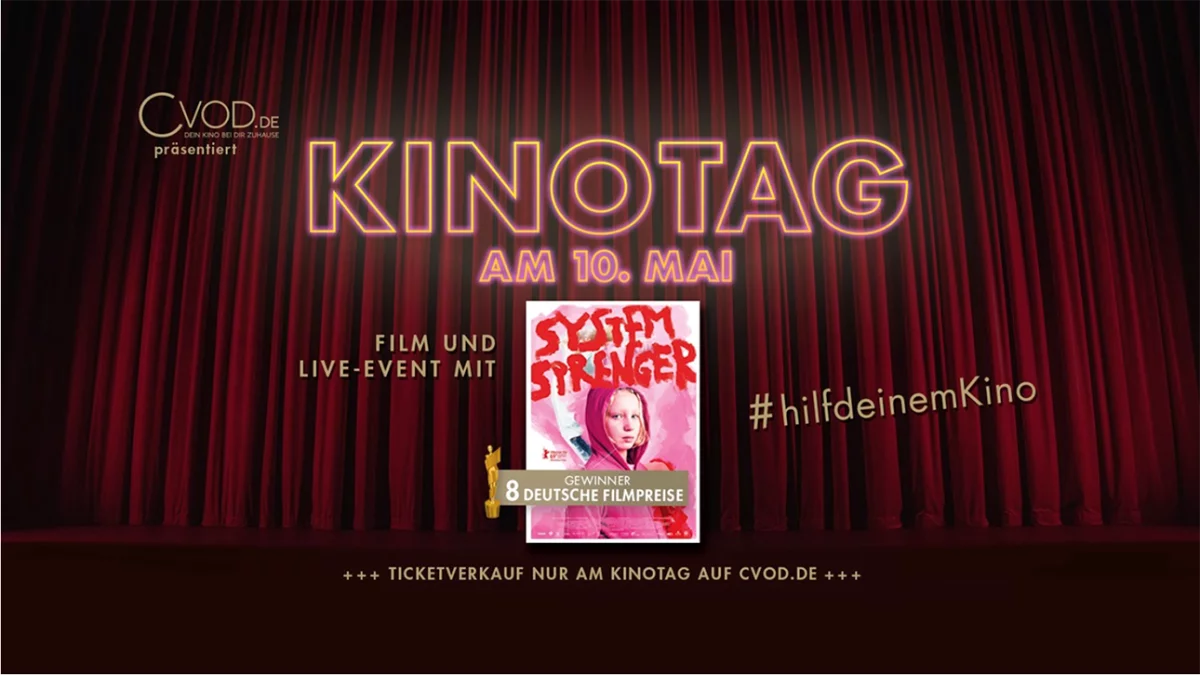
Krüger understands that cinemas feel threatened without their exploitation exclusivity, but he calls on the industry to be more experimental and flexible. If the numerous film releases in cinemas mean that films can no longer be properly distributed, streaming offers film fans the opportunity to watch the film at home. For Jan Krüger, there is no doubt that certain films have to be shown in cinemas for an exclusive time slot. However, he is convinced that it will have a positive effect on the cinema market if digital distribution and theatrical release move closer together for selected films. The distribution of the film "The New Gospel" has shown this quite impressively.

Distribution, which was founded in Hamburg using the same model, has also been very successful.Emergency pay by Henriette Ahrens and Ole Hellwig moved its Documentary "100,000 - Everything I Never Wanted" about YouTube star and musician Fynn Kliemann, which was originally scheduled to be released in 200 cinemas, into the virtual space. Here, too, viewers were able to book their tickets via their favourite cinema. The young distribution company Notsold started with the declared aim of creating cinema events with innovative concepts and bringing alternative content to younger target groups.
For Felix Grassmann, the company's own digital streaming channel opens up a further field in which to demonstrate its cinematic expertise - and he sees it as a customer loyalty measure in the digital space. In contrast, he is critical of parallel distributions of cinema releases and streaming. Exclusivity remains essential to protect the cinema experience. As far as film theatres' streaming channels are concerned, he also recommends applying the same quality criteria as for the cinema programme. The cinemas' streaming service should not become an overflow valve for all the films that are not shown in the cinema. "That won't work," says Grassmann.
Martin Turowski is sceptical as to whether cinema exclusivity will remain firmly anchored in the long term. And that's why cinemas shouldn't rely too much on exclusive distribution, he adds thoughtfully: "We should focus much more on the cinema experience with self-confidence and get away from the idea that visitors only go to the cinema because of the films. We have to face up to this discussion."
more articles





.jpg?fit=max&w=800&h=2320&q=90&fm=webp)



